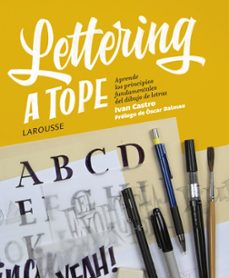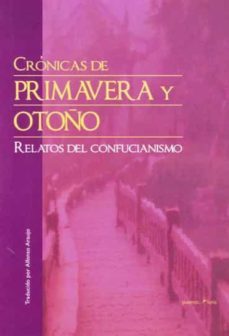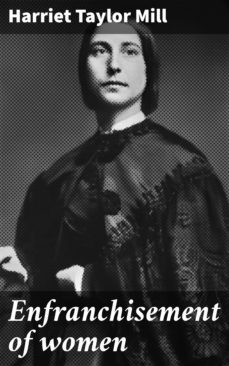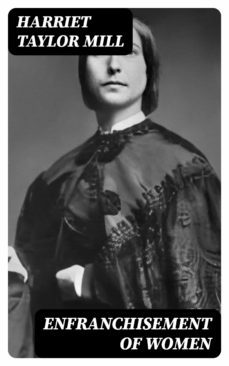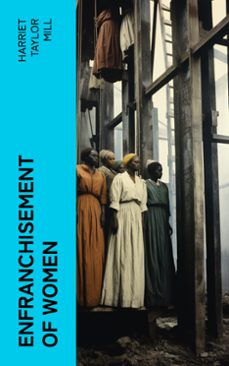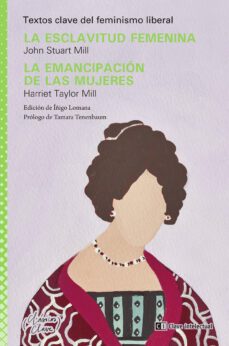Imprescindibles
Ficción
No Ficción
Ciencias y tecnología Biología Ciencias Ciencias naturales Divulgación científica Informática Ingeniería Matemáticas Medicina Salud y dietas Filología Biblioteconomía Estudios filológicos Estudios lingüísticos Estudios literarios Historia y crítica de la Literatura
Humanidades Autoayuda y espiritualidad Ciencias humanas Derecho Economía y Empresa Psicología y Pedagogía Filosofía Sociología Historia Arqueología Biografías Historia de España Historia Universal Historia por países
Infantil
Juvenil
#Jóvenes lectores Narrativa juvenil Clásicos adaptados Libros Wattpad Libros Booktok Libros de influencers Libros de Youtubers Libros Spicy Juveniles Libros LGTBIQ+ Temas sociales Libros ciencia ficción Libros de acción y aventura Cómic y manga juvenil Cómic juvenil Manga Shonen Manga Shojo Autores destacados Jennifer L. Armentrout Eloy Moreno Nerea Llanes Hannah Nicole Maehrer
Libros de fantasía Cozy Fantasy Dark academia Hadas y Fae Romantasy Royal Fantasy Urban Fantasy Vampiros y hombres lobo Otros Misterio y terror Cozy mistery Policiaca Spooky Terror Thriller y suspense Otros
Libros románticos y de amor Dark Romance Clean Romance Cowboy Romance Mafia y amor Romance dramatico Romcom libros Sport Romance Otros Clichés Enemies to Lovers Friends to Lovers Hermanastros Slow Burn Fake Dating Triángulo amoroso
Cómic y manga
Novela gráfica Novela gráfica americana Novela gráfica europea Novela gráfica de otros países Personajes, series y sagas Series y sagas Star Wars Superhéroes Cómics DC Cómics Marvel Cómics otros superhéroes Cómics Valiant
eBooks
Literatura Contemporánea Narrativa fantástica Novela de ciencia ficción Novela de terror Novela histórica Novela negra Novela romántica y erótica Juvenil Más de 13 años Más de 15 años Infantil eBooks infantiles
Humanidades Autoayuda y espiritualidad Ciencias humanas Economía y Empresa Psicología y Pedagogía Filosofía Historia Historia de España Historia Universal Arte Cine Música Historia del arte
Ciencia y tecnología Ciencias naturales Divulgación científica Medicina Salud y dietas Filología Estudios lingüísticos Estudios literarios Historia y crítica de la Literatura Estilo de vida Cocina Guías de viaje Ocio y deportes
HARRIET TAYLOR MILL
(1807-1858) fue una filósofa y escritora que trabajó de manera incansable por los derechos de la mujer. Manifestó un interés muy temprano por la poesía y por el pensamiento radical y no tardó en entrar en contacto con la comunidad religiosa unitaria. Se casó a los dieciocho años con John Taylor, pero en 1831 conoció a John Stuart Mill y entre los dos se forjó un estrecho vínculo de admiración mutua. En 1851, dos años después de la muerte de Taylor, la pareja contrajo por un matrimonio. Pese a que fueron muy pocos los textos que le permitieron publicar con su nombre, los escritos y las ideas de Harriet dejaron una huella profunda y visible en la obra de Mill, que no dejó sin reconocer la inmensa deuda intelectual que había contraído con su esposa.
Recibe novedades de HARRIET TAYLOR MILL directamente en tu email
Filtros
Del 1 al 6 de 6
Good Press 4064066411787
In "Enfranchisement of Women," Harriet Taylor Mill argues fervently for the political and social rights of women, situating her discourse within the broader context of liberal thought and utilitarian philosophy. The work is characterized by its lucid style and a compelling blend of moral reasoning and empirical evidence, reflecting the emerging feminist movements of the 19th century. Mill challenges existing societal norms while articulating a vision of equality that is both radical and reasoned, advocating for womens suffrage as an essential precursor to gender equality. Harriet Taylor Mill, an influential philosopher and suffragist, collaborated with her husband, John Stuart Mill, yet she forged a distinct intellectual path that highlights her commitment to womenAos rights. Her early experiences in a patriarchal society, coupled with her radical ideas about individuality and moral agency, profoundly shaped her arguments in this seminal work. Mills philosophical perspectives resonate with her personal convictions, illustrating how her lived experience as an advocate informed her visionary proposals for social reform. "Enfranchisement of Women" is a compelling read for those interested in feminism, political philosophy, and social justice. MillAos visionary arguments remain profoundly relevant today as they provoke critical reflections on gender equality and empower readers to engage with the ongoing struggle for womens rights.
Ver más
eBook
CATEDRA 9788437619347
INTR. DE NEUS CAMPILLO
Ver más
Tapa blanda
DigiCat 8596547022909
In "Enfranchisement of Women," Harriet Taylor Mill boldly articulates the moral and intellectual imperatives of womens rights, arguing for their right to vote and participate fully in society. Written in the mid-nineteenth century, this work employs a compelling blend of philosophical argumentation and social critique, situated within the broader context of utilitarianism and the burgeoning feminist movement. Taylor Mill employs a clear, persuasive prose style that challenges contemporary societal norms, advocating for gender equality as an essential element of human progress and societal improvement. Harriet Taylor Mill, a prominent philosopher and suffragist, was profoundly influenced by her partnership with John Stuart Mill, whose ideas on liberty and equality permeate her work. Her own experiences as a woman in a patriarchal society fueled her dedication to advocating for womens rights. Tragically, Taylor Mill faced considerable societal pushback for her progressive views, yet she remained steadfast in her belief that enfranchisement was pivotal for both individual and collective advancement. "Enfranchisement of Women" is essential reading for contemporary audiences, providing profound insights into the historical struggle for womens rights that resonate today. Taylor Mills eloquent arguments and moral clarity challenge readers to reflect on the ongoing fight for equality, making this text not only a historical document but also a timeless call to action. Engaging with this work enriches our understanding of gender justice and inspires modern advocacy.
Ver más
eBook
e-artnow 4066339566729
Enfranchisement of Women is an essay by Harriet Taylor Mill. It delves into the suffragette movements roots and advocates womens rights to vote as equals to men.
Ver más
eBook
Clave Intelectual 9788412604832
A finales del siglo XIX, buena parte de la humanidad se jactaba de haber dejado atrás los tiempos oscuros de la barbarie y la arbitrariedad política. Pero, pese al imparable avance de los movimientos democraticos, la mitad del genero humano seguia sometida a un regimen de servidumbre insolito: despojadas de los derechos civiles mas basicos y condenadas a cumplir una funcion meramente reproductiva, las mujeres eran un simple apendice del hombre, al que tenian que entregarse en todos los ordenes de la existencia.El filosofo John Stuart Mill y su esposa Harriet Taylor dedicaron buena parte de su vida a analizar las formas que habia adoptado la dominacion masculina y expusieron con rigor y valentia los prejuicios trasnochados, contrarios al espiritu liberal de la modernidad, en que se basaba.En el presente volumen se recogen los dos textos mas relevantes de ese proyecto intelectual: La esclavitud femenina de John Stuart Mill (1868), que fue traducido en 1891 por doña Emilia Pardo Bazan y del que ofrecemos una version corregida y actualizada, y La emancipacion de las mujeres (1851) de Harriet Taylor, que hasta la fecha no se habia publicado en castellano.El patriarcado no es algo que nos hace infelices a todos: a los opresores puede que los satisfaga bastante, pero esa no es una buena razon para sostenerlo. No tenemos por que demostrarles que el mundo sera un lugar mejor para ellos una vez que sea equitativo con nosotras: basta con demostrar que es lo justo. Tamara Tenenbaum.
Ver más
Tapa blanda
Del 1 al 6 de 6
